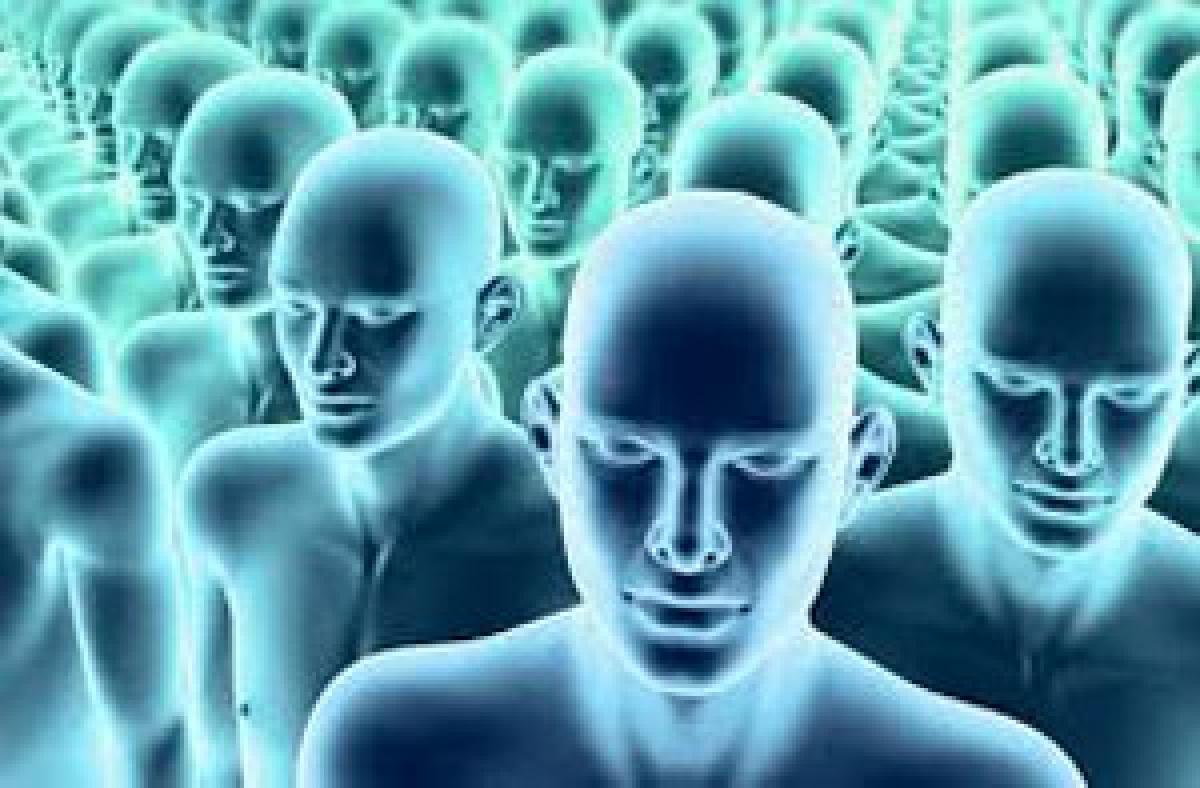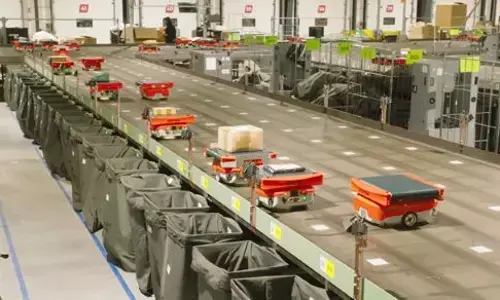Wise and timely

An incorrigible mistake by way of tinkering with the very code of life through genetic modification of embryo i.e., an organism at any time before full development, birth, or hatching, has been avoided in the nick of time.
An incorrigible mistake by way of tinkering with the very code of life through genetic modification of embryo i.e., an organism at any time before full development, birth, or hatching, has been avoided in the nick of time.
Globally revered scientists and policymakers from across nations participated in three days of brainstorming sessions at National Academy of Sciences in Washington on the feasibility of CRISPR technique to guard humans against invasive viruses. National Academy of Medicine, US, Royal Society (UK) and Chinese Academy of Sciences also supported the meet which would have almost let the scientists play God and interfere with the natural process of evolution.
A nod from the congress would have set the human race on the irreversible path of ushering in what critics grudgingly call designer babies. The trigger for the meet was a Chinese scientist’s claim of having invented a technique that could open the doors to cloning factories of humans. A vehement backlash from a majority of scientists, serious ethical concerns and opposition from religious pundits could alone restrain the congress from giving the go-ahead for human cloning.
CRISPR (clustered regularly interspaced short palindromic repeats) technique enables altering genetic blueprint of humans and livestock, and also manipulating the genes of food crops. Bacteria are used to incorporate foreign DNA in genome and even scavenge damaged DNA from it.
Gene editing is already in vogue in the plant world with various countries allowing GM crops and most disallowing them for fear of harmful effects on humans and the environment. That India is mulling over allowing field trials of GM food crops is already rattling scientists, environmentalists and researchers alike. Harmful effects have not been detailed yet.
While it is so, cloning which has been hitherto sparingly applied in animals is now-a-days raising the hackles of scientists and environmentalists as the Chinese are said to be attempting to create a million cloned cows by 2020. News of Chinese forays into human genetic modification arena largely impelled the scientists to address the issue, because it is a mere biological step away from human cloning.
Cloning is not essentially genetic modification but can be homogenised with it. Serious and ethical concerns and controversies would have erupted had the Washington meet given its consent. But, worried over the implications of rapidly evolving genetic engineering and application of synthetic biology to alter the human DNA, the congress, after looking into the health, social and ethical questions, rightly echoed demands for an indefinite moratorium.
This stems from the fear that once gene editing is allowed in humans, there would be no going back. Heritable genetic modification of human beings would become the order of the day, triggering moral and religious outrage at the disease-free but made-to-order children.
Most harm would have been done to nature and to the human world by the time any experimental errors are detected. Genetic modification of humans may spell extinction for certain races, too.
An irreversible blunder has just been averted, largely due to a self-imposed caution by the scientists. Nevertheless, governments need to be on the guard against proliferation of this technology, and keep tabs on the labs.














